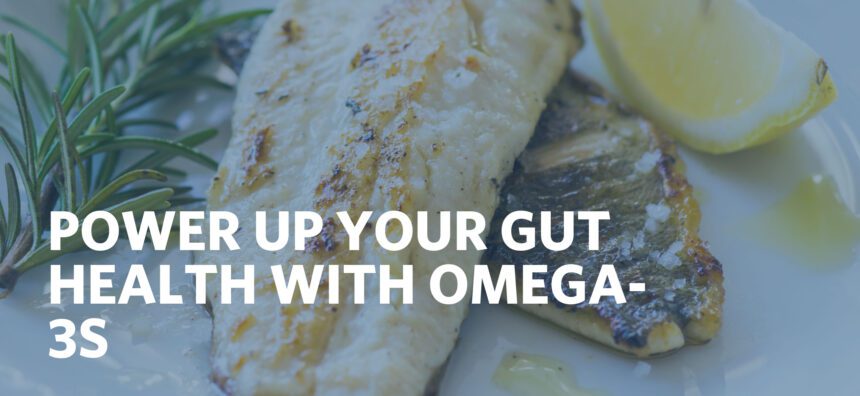Already adding probiotics to your diet? Good! Now it’s time to think about omega-3- rich foods like fish, seeds, and avocados. New evidence from clinical trials shows that combining omega-3 fatty acids with probiotics may be even more beneficial to overall gut health.
How it works
Your gut is filled with billions of bacteria. Controlling the diversity of this bacteria has been linked to minimizing chronic inflammation — a condition that can be the start of various diseases like obesity, Type 2 diabetes, and neurodegeneration.
One study published in the journal Nutrients focused on two strains of probiotics, lactobacilli and bifidobacteria, which are responsible for preventing gut permeability, making it harder for bacteria to enter the bloodstream. Researchers found that when omega-3s were combined with these probiotic strains, the omega-3s acted as nutrition, or prebiotics, for the probiotic strains and enhanced their effectiveness. So omega-3s feed the good bacteria that you need to stay healthy and fight bad bacteria.
Because the combination of these three supplements had a positive response in microbiota diversity, it means they most likely can help boost the immune system and reduce low- grade inflammation.
Omega-3 sources
Our bodies don’t produce omega-3 fatty acids, so the only way to get them is from foods or supplements. Generally you should get 2 to 3 grams of essential fatty acids each day.
Good sources of omega-3s include:
- Salmon – 1.5 grams per 3.5 ounces
- Fresh tuna – 2.6 grams per 3.5 ounces
- Mackerel – 2.6 grams per 3.5 ounces
- Walnuts – 2.5 grams per 1 ounce
- Flaxseed – 2.4 grams per 1 tablespoon
- Chia seeds – 5 grams per 1 ounce
If you can’t get the above-mentioned foods for any particular reason, try supplements. Talk with your doctor or fitness specialist about the best options for you.


